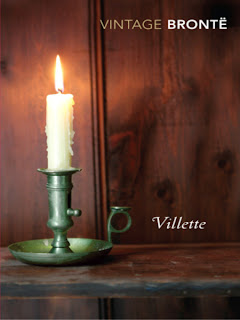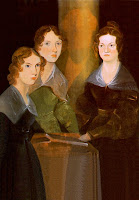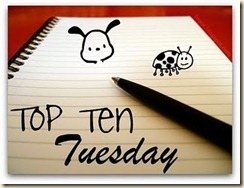I've always had a faint, guilty suspicion that I don't like
Alice in Wonderland quite as much as I ought. Even as a little girl I felt that that, as a story, it didn't quite work, didn't flow right, that there must be some deeper layers of meaning just out of my reach - not that I would have phrased it like that in those days. If asked, I'd probably have shrugged and muttered something about it being "a bit weird" or even "boring." I liked the Disney film well enough, although it wasn't my favourite, but the book didn't seem like a children's book. Whatever the reason, somehow I didn't quite get it. Coming back to the book as an adult last year (in preparation for watching Tim Burton's
Johnny Depp in Wonderland) and reading it with my book-clevers, I didn't like not understanding.

By this point, I'd twigged that
Wonderland was a dream story with cards thrown in, and that
Through The Looking Glass was either a metaphor or a novelisation of a chess game - again, in a dream. But even so, I often had the feeling that Lewis Carroll was cross-referencing other works, Victorian culture and in-jokes, but
I didn't know what and couldn't quite work it out for myself. And I couldn't be havin' with that. Enter
The Annotated Alice, a work which strives to unlock some of the mysteries under the surface of what cannot be denied is a very surreal story.
Now, I have to point out that
The Annotated Alice is not for everyone. I know many who love the story uncomplicated by analysis or explanation, and that to look below the surface would spoil the magic. I have full sympathy for that! My brain, though, is cursed with an ardent curiosity and "wanting to know," probably as a result of my years of literary studies. I refused to study the Children's Literature module at university because insider information hinted that the class had the potential destroy books that have been part of me from childhood, going for shock over believable interpretations. And the notes for
The Annotated Alice are not entirely free from fanciful speculation - did Carroll
really intend the word "little" to be a pun on "Liddell"? (the real Alice's surname.) I'm inclined to believe he chose it because he meant "small" when he wanted to say something that meant "small." The annotator overuses the words "possibly," and "maybe" and "Carroll could be referring to..." Some of these links are tenuous to say the least, although there are lots of interesting snatches of information that make sense of the odd line here or there.

However, Martin Gardner, the annotator, also explains mathematical, political and scientific references that I wouldn't have otherwise understood, and draws attention to the patterns within the story. Reading
Alice more closely, I came to realise just how the stories work with dream-logic. "She woke up to find it had all been a dream," is one of the big no-nos of storytelling these days, but
Alice is the exception in being a very realistic portrayal of how dreams work - with things changing from one thing to another and this not seeming strange at all.
Through the Looking Glass is much more sophisticated than
Wonderland, with its logic conforming very closely to chess rules - kings moving one step at a time, knights being a little wobbly, queens rushing about all the time, and
at the same time portraying a back-to-front world as it might well work the other side of a mirror. The cake must be passed around before it can be cut, the White Queen screams in pain
until she jabs herself with a pin, and then is quite calm because
"I've done all the screaming already [...] What would be the good of having it all over again?"

My other edition of the
Alice books isn't illustrated, but
The Annotated Alice contains the original drawings by John Tenniel, and Gardner points out the little details in these pictures which show how closely the author and illustrator worked together. Note the illustration of the shop Alice visits: it is based upon a real shop on St Aldate's, Oxford (which I visited earlier this week) but Tenniel has been careful to reverse the image, if you see the position of the window and door, this really is the Looking Glass version of the shop. (The counter, too, is the other way round in the real shop.)
I don't expect
The Annotated Alice will by my usual reading copy, but I'm glad to have read it, and it really did make more sense of the books by drawing my attention to details I'd never noticed before. Chances are that most people have figured out a lot without help from annotations. Other people, as I've said before, are quite happy with the book as a dreamlike nonsense fantasy without needing the details spelled out for them. I wouldn't recommend this book for everyone, but if the mysteries of
Alice are frustratingly elusive, it's worth looking into.
 When Daisy needs a nanny for her toddler son, she thinks 22-year-old Margaret Pride is perfect: sensible if a little old-fashioned and reserved, firm but immediately beloved by the child. Yet as the new nanny becomes established in the household, her behaviour doesn't always quite add up, and it becomes apparent that Margaret is not all she seems.
When Daisy needs a nanny for her toddler son, she thinks 22-year-old Margaret Pride is perfect: sensible if a little old-fashioned and reserved, firm but immediately beloved by the child. Yet as the new nanny becomes established in the household, her behaviour doesn't always quite add up, and it becomes apparent that Margaret is not all she seems.









